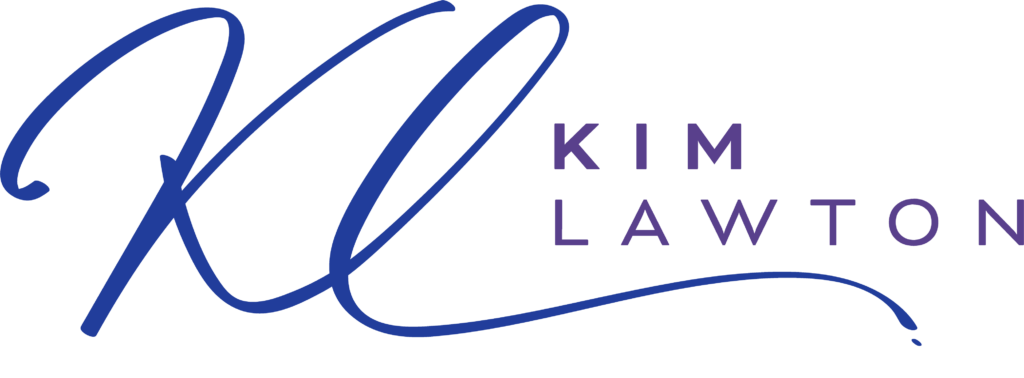Spirits brands are at the heart of the current transformation occurring in the bar industry. Instead of just existing to advertise their products, spirits brands are becoming pivotal educators in the bartending field.
The demand for premium experiences across industries is increasing, especially in hospitality. With that comes an increased need for more knowledge, craftsmanship, and expertise behind the bar and beyond. This evolution in the spirits brands industry is about more than just selling products. It’s about fostering deeper connections with consumers, building brand loyalty, and elevating the brand and industry as a whole.
This blog will explore how spirits brands are shifting from traditional marketing to more value-driven brand strategies as they become key players in bar industry education, offering programs that enhance and enrich the bar experience.
Table of Contents:
Why Education Has Become a Key Strategy for Spirits Brands
Types of Educational Programs Offered by Spirits Brands
- In-Person Training Sessions & Workshops
- Online Courses & Webinars
- Certification Programs & Partnerships with Hospitality Schools
The Impact of Brand-Led Education on Bar Professionals
- Enhanced Skills, Confidence & Creativity
- Career Development & Networking Opportunities
- Influence on Beverage Offerings & Service Quality
Why Education Has Become a Key Strategy for Spirits Brands
Traditionally, the relationship between spirits brands and the bar industry was strictly supply and demand. Spirits brands produced the products, and bars carried and served them to consumers, which was the extent of their relationship. However, that dynamic is changing to meet consumers’ needs.
Today’s consumers don’t just want to order a cocktail at a bar and go about their day. They want high-quality products and experiences. They want to know the story behind the spirit they’re drinking, including the craftsmanship involved and where the ingredients are from. This shift has led spirits brands to realize that storytelling and education must be focal points of their marketing operations.
When you go to a bar and order a drink, the bartender or mixologist is the one who leads you through that experience. Their expertise can make or break the experience and even alter the spirits brand’s reputation in the consumer’s eyes. For example, say you order a margarita with a particular tequila, and it’s not prepared well and doesn’t taste great. This could make you feel like it’s the tequila you don’t like, and then that spirits brand loses you as a customer.
That’s why bar education is so important. Equipping bartenders with the knowledge and skills they need to excel enhances the consumer experience. It ensures the products are being used and showcased to their full potential.
Plus, bartenders who are knowledgeable about each brand and product can give better recommendations. Knowing the history, production process, and flavor profile of individual spirits brands equips them with the information they need to be more confident in the recommendations they give consumers. A personal endorsement like this carries a lot of weight, especially in the hospitality industry, where word-of-mouth is most influential.
Types of Educational Programs Offered by Spirits Brands
The educational programs offered by spirits brands are just as diverse as the brands themselves. These programs are designed to enhance product knowledge and refine the skills and techniques essential to creating exceptional cocktails and guest experiences.
Some of the different types of educational programs you may see from spirits brands include:
- In-Person Training Sessions & Workshops
- Online Courses & Webinars
- Certification Programs & Partnerships with Hospitality Schools
1. In-Person Training Sessions & Workshops
In-person training sessions and workshops are some of the most traditional forms of education, yet they’re still highly effective. These sessions offer hands-on experiences and allow bartenders to engage directly with experts in the field, gaining more intricate knowledge about each spirit and how to master their mixology skills and deliver top-notch service.
These programs can include deep dives into a particular spirit’s production process or even creative workshops that focus on crafting innovative cocktails. Several educational opportunities like this occur regularly or pop up as experiences that spirit brands use to help spread the word and market their product.
Take Moonshine University, for example. This premier educational distillery offers hands-on courses for entrepreneurs looking to open their own distillery or launch their own spirit brand. The courses immerse the participants in every facet of the industry, from crafting the product to getting it on the shelves.
You can likely find much smaller in-person programs hosted by local bars or bartending academies in your area, too. These sessions may not have a large spirits brand or organization backing them, but they’ll still allow you to learn from experts in real time.
2. Online Courses & Webinars
Online courses and webinars are extremely popular because they are convenient and accessible. They can also be offered in different tiers or levels, tailoring the content for beginners and seasoned pros.
With online courses, you can typically learn at your own pace and revisit previous lessons as needed. These courses can vary by design. Some may consist of videos you watch and take notes on, or maybe follow instructions on creating a cocktail as you go. Other programs may offer more of an e-learning structure with comprehensive modules you complete to take you through the entire course.
An incredible example of this is the Diageo Bar Academy. They have an extensive library of courses for those just getting started in the industry and for professionals looking for a refresher or to gain a new skill. The Diageo Bar Academy truly has something for everyone.
Some bartending skills and technique courses offer extensive knowledge of different spirits and cocktails, like their “Exploring Drinks with Food” course and “Guinness Essentials” module.
There are also customer service courses that explore how to deliver great experiences at every touchpoint in the bartending industry. There’s a course on disability awareness, how to make recommendations with skill, and even a course on “Responsible Serving,” which covers the impact of alcohol and the importance of measuring drinks accurately.
On the more business-focused side, they also have bar management courses to teach you how to manage a team and run a great bar, as well as leadership skills courses and modules about how to have a successful career in bartending.
Beyond Diageo’s online courses, they also have a library of resources, including blogs, for beginners and experts to check out to keep up with the industry and continuously learn and develop new skills.
3. Certification Programs & Partnerships with Hospitality Schools
Beyond in-person workshops and online sessions, you can also do certification programs. These provide a structured curriculum and end with an official certificate that recognizes your expertise.
Online programs often end with certificates of completion, too. Still, many of these specific certification programs are created in partnership with hospitality schools and industry associations to ensure the education provided is rigorous and relevant. Earning a certificate from a reputable spirit brand looks great on the bartender’s credentials and can provide new opportunities for career advancement.
For example, an extensive program is available through the Wine & Spirit Education Trust (WSET), a global organization based in the U.K. that arranges course material for wine, spirits, beer, and sake, providing spirits education to bartenders and mixologists worldwide. WSET offers a variety of educational courses for varying skill levels that end with a closed-book assessment that, if you pass, awards you a WSET certificate and lapel pin.
There’s also the Future Proof program provided by the Chaplin School of Hospitality & Tourism, created with support by Bacardi USA. Future Proof is a bar training program developed in collaboration with award-winning bartenders. The course is presented online and broken up into several modules, and at the end, you’ll receive a course certificate.
The Impact of Brand-Led Education on Bar Professionals
The impact these educational initiatives—brand-led and organization-led—have on bar professionals and the industry can’t be overstated. Providing access to expert knowledge, resources, and experiences equips bartenders and mixologists with the skills, confidence, and creativity they need to succeed — and spirit brands are at the center of it all.
The role of spirits brands is evolving, and the educational opportunities are beginning to expand beyond standard bartending skills, teaching networking, personal branding, and even business management.
- Enhanced Skills, Confidence & Creativity
- Career Development & Networking Opportunities
- Influence on Beverage Offerings & Service Quality
1. Enhanced Skills, Confidence & Creativity
Brand-led education allows budding and experienced bartenders to deepen their understanding of the spirit brands they’re working with, enabling them to craft more sophisticated, innovative cocktails. This elevates the drinking experience for consumers and makes them more likely to frequent your bar because you’re offering an experience they can’t get elsewhere.
Beyond the customer experience, bar education empowers the bartenders to feel more confident experimenting with new flavors, techniques, and presentations. This is how you create an exciting environment that attracts customers and new bar talent looking for a dynamic space where they can showcase and expand their skills.
2. Career Development & Networking Opportunities
Brand-sponsored events and programs also offer valuable opportunities for career development and networking in the industry. When you participate in opportunities like these, you can connect with industry experts and peers and even connect with mentors to help you propel your career forward.
Regardless of the type of educational program you participate in, whether it’s online, in-person, or delivered in another way, you’ll make connections with others in the industry, and these connections are essential to a successful career in bartending and hospitality.
3. Influence on Beverage Offerings & Service Quality
These educational programs also significantly influence bar beverage offerings and service quality. Skillful bartenders with a deep knowledge of the spirit brands they’re working with and how the flavors and techniques work together create exceptional, balanced cocktails, make sound recommendations, and add flair to the customer service and overall experience. This is a great way to enhance the bar and bartender’s reputation in the industry.
Conclusion
The demand for premium experiences in hospitality is increasing. With that comes an increased need for more knowledge, craftsmanship, and expertise behind the bar and beyond. This evolution with spirits brands and the bartending industry is about more than just selling products. It’s about fostering deeper connections with consumers, building brand loyalty, and elevating the brand and industry as a whole.
Spirits brands are shifting away from traditional marketing tactics and focusing on creating more value-driven educational opportunities. Investing in educating bartenders and mixologists allows spirits brands to enhance their credibility and expand their reach.
Educational in-person and online initiatives provide bar professionals with the tools they need to excel in their craft and stand out in the industry. These programs empower bartenders to elevate their skills, boost their confidence, and identify exciting ways to deliver top-notch experiences to consumers. Educating bartenders on how best to work with and serve the product allows spirits brands to foster a deeper connection with consumers and the bar community.
The hospitality industry continuously evolves, and all sectors seek new ways to stand out. Spirits brands have an opportunity to lead the way and stay ahead of the curve by offering educational programs and immersive workshops that gather professionals to learn how to showcase their products best. In an industry that’s all about experiences, initiatives like these really help brands rise to the top.





